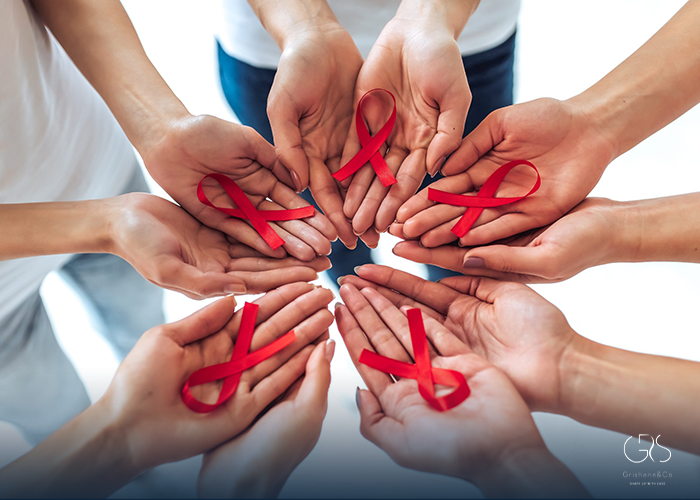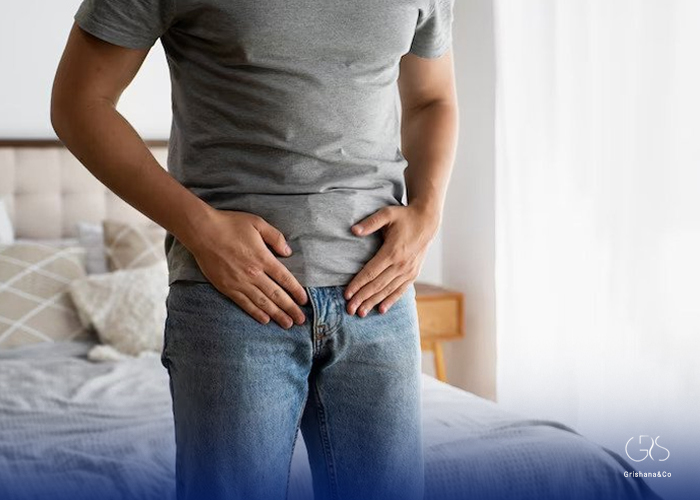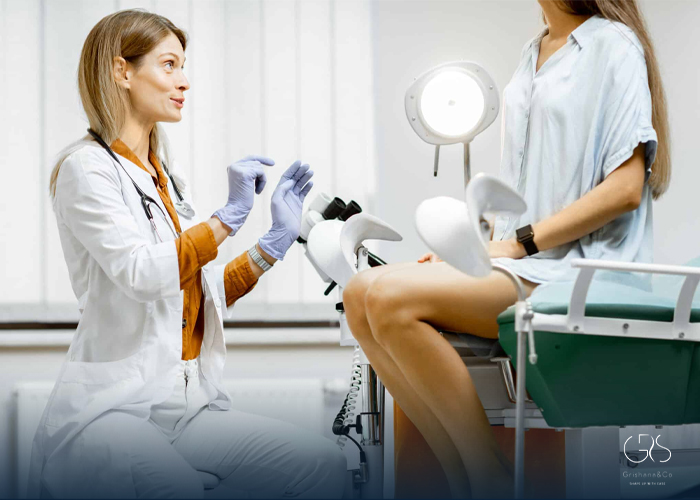Peeing after sex is a simple yet crucial step that holds numerous health benefits. Beyond being a basic hygienic practice, urinating after sexual activity can have far-reaching implications for one’s well-being. In this article, we will explore the multifaceted health benefits of peeing after sex, its impact on the body, and the various perspectives regarding this essential habit.
Benefits of Peeing After Sex:
Urinating after sex plays a pivotal role in safeguarding one’s urinary health. It helps to flush out bacteria that may have entered the urethra during sexual activity, thereby reducing the risk of urinary tract infections (UTIs) and other complications. Additionally, this act can potentially minimize the transfer of sexually transmitted infections (STIs) by expelling pathogens from the urinary tract.
(To learn more about Sex benefits please refer to this article)

Impact on the Body:
The act of peeing after sex can positively impact the body in multiple ways. By emptying the bladder, individuals can minimize the chances of bacterial growth in the urinary tract, thus reducing the risk of developing UTIs or related complications. Furthermore, this simple practice can contribute to maintaining a healthy balance of microorganisms within the urinary system, promoting overall urinary health.

Pregnancy:
For individuals who are pregnant or trying to conceive, taking proactive measures such as urinating after sex becomes even more critical. Pregnancy can make women more prone to UTIs and other urinary issues, making it essential to reduce any potential risk factors. By emptying the bladder after intercourse, expecting mothers can lower their chances of developing UTIs and subsequent complications during pregnancy.

STIs:
In addition to urinary health, peeing after sex can also play a role in reducing the transmission of STIs. Urinating post-sexual activity helps to expel any pathogens that may have entered the urinary tract, thus lowering the risk of contracting certain STIs. While not a foolproof method of prevention, this habit can contribute to a comprehensive approach towards minimizing the spread of STIs.
UTIs:
Urinary tract infections are a common concern, especially for individuals who are sexually active. The act of peeing after sex can act as a preventative measure in reducing the risk of UTIs. By promptly emptying the bladder, individuals can decrease the likelihood of bacterial colonization in the urinary system, ultimately reducing the chances of developing UTIs.
Why You Might Experience Burning:
In some cases, individuals may experience a burning sensation while urinating after sex. This discomfort can be attributed to various factors, including friction or irritation of the urethra during sexual activity. Additionally, the presence of certain bacteria or conditions such as urinary tract inflammation may contribute to this sensation.
When To See a Healthcare Provider:
If individuals experience persistent discomfort, pain, or unusual symptoms while peeing after sex, it is important to seek medical attention. Recurrent burning, itching, or signs of infection warrant a visit to a healthcare provider for proper evaluation and treatment. Prompt medical intervention can help in identifying underlying issues and addressing them effectively.
Conclusion:
In conclusion, peeing after sex holds significant health benefits that are often overlooked. From reducing the risk of UTIs and STIs to promoting overall urinary health, this simple practice can have far-reaching implications for individuals. While diverse perspectives and opinions exist regarding this habit, understanding its importance and impact on the body is essential for maintaining optimal health and well-being.
Sources
- Johns Hopkins Medicine, Urinary Tract Infections
- American Sexual Health Association, STIs A to Z
- Centers for Disease Control and Prevention (CDC), Urinary Tract Infection Basics










